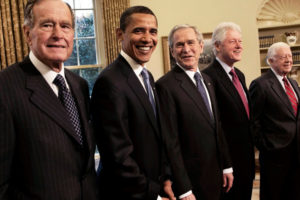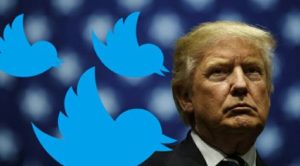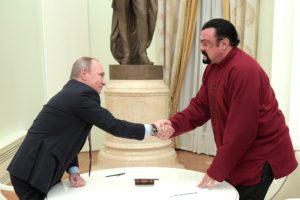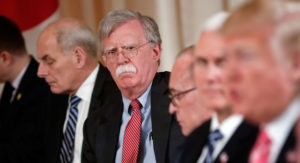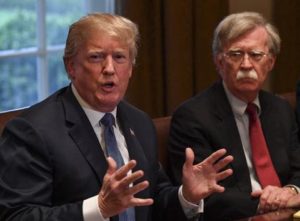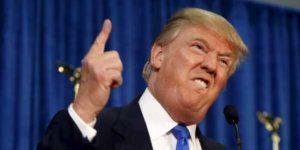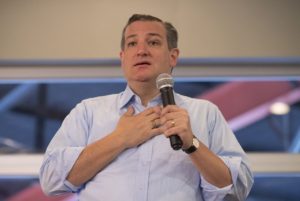
As I watch the Beto O’Rourke-Ted Cruz race for the U.S. Senate from Texas, I am struck by what is missing in the debate over who Texans should elect.
I am not hearing much chatter on which of these men will do more for Texas.
Will it be Beto O’Rourke, the Democratic congressman from El Paso, or Ted Cruz, the Republican incumbent from Houston? Which of them will work tirelessly on behalf of Texans’ specific needs, wants and desires?
Am I missing something here?
There once was a day when U.S. senatorial clout mattered to the home folks. I want to cite an example from my home state of Oregon.
For years, Oregon was represented by two moderate Republicans: Mark Hatfield and Bob Packwood. They were joined at the hip on many issues. They were linked to each other so closely that we in the media used to refer them as “Sen. Hatwood” or Sen. “Packfield.”
They both attained influential committee chairmanships beginning in 1981 when the GOP took control of the upper congressional chamber after Ronald Reagan’s landslide victory in the 1980 presidential election.
Hatfield and Packwood worked diligently to protect Oregon and Pacific Northwest interests.
Along the way, Sen. Packwood ran into ethical trouble relating to the way he treated women who worked on his staff; Packwood ended up resigning his seat. Sen. Hatfield remained the Boy Scout.
As we look at the current day, in Texas, I don’t hear the kind of chatter about Sen. Cruz or, how well he works with Sen. John Cornyn, the state’s senior U.S. senator. My sense is that the two Texans have a bit of a frosty relationship.
Cruz’s tenure in the Senate seems to have centered on his own future. He ran for president in 2016 and was among the final GOP primary candidates to hang in against the party’s nominee before bowing out.
Cruz’s theme so far appears aimed at ginning up GOP interest to counteract rage from the other side. According to the Texas Tribune: “The biggest challenge I have in this race … is complacency,” Cruz said. “People say all the time, ‘Oh, come on, it’s a Texas re-elect. How could you possibly lose?’ Well, in an ordinary cycle, that might be true. But this is not an ordinary cycle. The far left is filled with anger and rage and we underestimate that anger at our peril.”
O’Rourke has closed a once-gaping deficit to make it a race. I’ll stipulate once again that I am pulling for O’Rourke to defeat Cruz.
I’m just waiting to hear from the challenger — or from the incumbent, for that matter — what they’ll do to help Texans.
